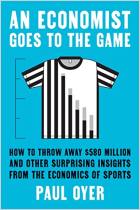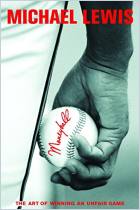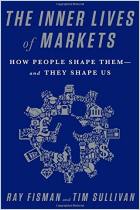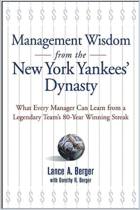
He’s Baseball’s Only Mud Supplier. It’s a Job He May Soon Lose.
Jim Bintliff collects the Delaware River mud that is smeared on Major League baseballs to make them less slippery. But that tradition is in jeopardy.
Recommendation
Baseball is rich in history and tradition. The act of mudding up a game ball arose from the practical concerns of pitchers who felt new baseballs were harder to grip, as Dan Barry reports in The New York Times. Thus, the application of Lena Blackburne’s Baseball Rubbing Mud became a hallowed ritual. Striving to control the practice, and aiming to abolish it eventually, officials at Major League Baseball frown on mudding, citing concerns about consistency and fairness. The man who digs up and sells the mud argues that those efforts are an affront to the traditions and sanctity of the game.
Summary
About the Author
Dan Barry, a columnist and reporter for The New York Times, also wrote the books Bottom of the 33rd, Pull Me Up and The Boys in the Bunkhouse.

















Comment on this summary